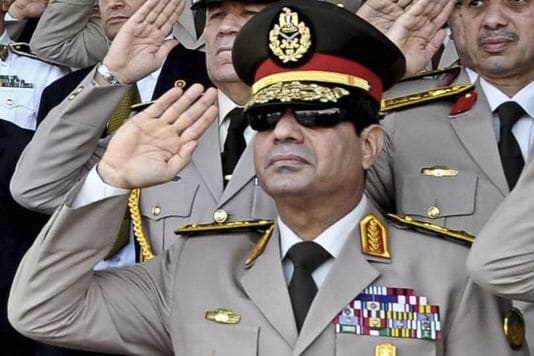Nuclear energy was discussed during the audience granted on August 18, 2022 by Cameroonian Prime Minister Joseph Dion Ngute to his compatriot Enobot Agboraw, newly appointed Executive Secretary of the African Nuclear Energy Commission. Appointed only at the beginning of June 2022 by the President of the African Union Commission, Moussa Faki Mahamat, after a selective process, the Cameroonian executive wants to give reality to an African nuclear energy program which is currently limited to regular declarations of intent in a context where, it must be emphasized, the Treaty on the Non-Proliferation of Nuclear Weapons (NPT), is losing ground.
With the Prime Minister, we discussed my vision for this position (Executive Secretariat of the African Nuclear Energy Commission, to the African Union Commission) and the ambition we have to use the positive side of nuclear energy to promote sustainable development in Africa”, declared Enobot Agboraw, on a tour of thanks following his election of high political and diplomatic struggle. It should be noted that Cameroon, faced with regular shortages of electricity , has no nuclear power plants. The use of nuclear energy in Africa is currently limited to South Africa where 6% of the electricity generated comes from nuclear compared to 90% from coal. But since the end 2010s, a certain number of African countries have signed commitments to develop civil nuclear energy, but so far no implementation has begun.
This is the case of Kenya with the Kenya Nuclear Electricity Board (KNEB), which has signed several partnerships in its objective to acquire an installed nuclear capacity of 4,000 MW in 2027. Much more concrete, Egypt of President Abdel Fattah Al-Sissi who relaunched the old project of the El-Dabaa nuclear power plant in partnership with the Russian company Rosatom. Ultimately, it is a question of building a power plant with four reactors, each with a capacity of 1,200 megawatts, which the Russian company must operate for 60 years. This project is experiencing a new impetus with the launch, at the beginning of August, of the construction of the El Dabaa power plant endorsed by the Egyptian Minister of Electricity and Renewable Energies, Dr Mohamed Shaker and the Managing Director of the Russian company Rosatom, for an investment valued at $20 billion. Still, a few months before the 27th International Climate Conference (COP27) in November 2022 scheduled for Cairo, this nuclear project may seem paradoxical for nuclear non-proliferation activists.
For its part, Nigeria’s nuclear program has been advancing at a snail’s pace since independence. But the signing in 2018 of an agreement between the Nigerian government and the Canadian company StarCore Nuclear for the supply of 23 small nuclear reactors installed in several mini nuclear power plants, distributed throughout Nigeria, is a substantial step forward. for the world’s eighth largest producer of black gold. It should be noted that Niger, neighboring Nigeria, has the world’s fourth largest reserve of uranium, the main fuel for nuclear energy.



